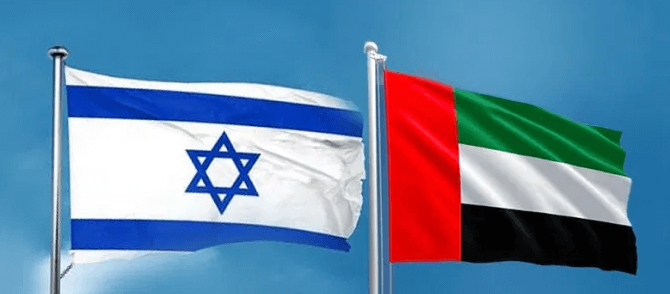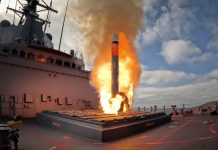While Pakistan’s ties with Saudi Arabia and the UAE have drastically soured, it has held tightly to Turkey. However, with Arab nations gradually normalizing relations with Isreal and even Turkey vowing to enhance its ties with the Jewish nations, Pakistan finds itself increasingly isolated in the region.
ISI or RAW: Netizens Debate Who Killed Pakistani Human Rights Activist Karima Baloch In Canada
Turkish President Recep Tayyip Erdogan said that he wished to improve ties with Israel. “Our relations with Israel on intelligence have not ceased anyway, they are still continuing,” he said during a press conference. “We have some difficulties with the people at the top.”
However, he emphasized that Turkey cannot accept Israel’s Palestine policies. “The Palestine policy is our red line. It is impossible for us to accept Israel’s Palestine policies. Their merciless acts there are unacceptable.”
“Otherwise, our heart desires that we can move our relations with them to a better point,” he added.

Turkey and Pakistan have been warming up with Ankara lending its support to Islamabad on the Kashmir issue. As reported earlier by EurAsian Times, on the first anniversary of the scrapping of Jammu and Kashmir’s special status by India, Pakistan released a political map, claiming Jammu, Kashmir, Ladakh, and Junagadh in Gujarat state as its own.
Other than China, Turkey was the only country to put out a statement in support of Pakistan on the first anniversary of Jammu and Kashmir’s new status under India’s Constitution.
On the other hand, ties with Saudi Arabia soured when Pakistan failed to receive any support on the Kashmir issue at the Organisation of Islamic Cooperation (OIC).
Angered over Pakistan’s pressure to support its Kashmir stance, Riyadh withdrew a $1 billion interest-free loan it had extended to Islamabad and also refused to renew a deferred oil payments scheme, which was meant for easing their import bill.
Over the years, Saudi Arabia and Pakistan have enjoyed fruitful relations with Riyadh extending financial aid and oil supply to Pakistan.
With Middle-Eastern nations including the UAE, Bahrain, Sudan, it has struck a partial deal with Morocco with the help of Donald Trump.
In a joint call on Mehmet Altay, Head of Security & Intelligence Commission of the Turkish Grand National Assembly and President of Turkey-Pakistan Friendship Group in TGNA @AliSahin501, Ambassador @syrusqazi discussed ???? relations & briefed them on the situation in South Asia pic.twitter.com/Pi2f8BFnLZ
— Pakistan Embassy Turkey (@PakinTurkey) December 24, 2020
Now, with Turkey set to overcome their differences, Ankara has appointed an ambassador to Tel Aviv more than two years after it cut off diplomatic ties, local media had reported.
There had been no ambassador in either country since May 2018, after the United States in 2017 decided to recognize Jerusalem as Israel’s capital.
Media reports claim that the reason behind this move could be to please Washington. Days before Joe Biden takes over as US President, the Trump administration imposed sanctions on Turkey under the Countering America’s Adversaries Through Sanctions Act (CAATSA) over the latter’s acquisition of the S-400 missile system from Russia.
Pakistan has immediately condemned these sanctions on Turkey. Pakistan’s Foreign Ministry had issued a statement expressing deep concern over unilateral sanctions.
Pakistan has reiterated its stand to not have any ties with Israel until the Palestinian issue is resolved. “I categorically presented Pakistan’s stance on Israel to the UAE’s foreign minister that we will not and cannot establish a relationship with Israel until a concrete and permanent solution to the Palestine issue is found,” Pakistan’s Foreign Minister Shah Mahmood Qureshi told the press earlier this week.
He further added that the reports of pressure from its Gulf allies including Saudi Arabia and the UAE to recognize Israel are false. Qureshi said that he had explained to his UAE counterpart during his visit the “depth of emotions and feelings Pakistanis have about Palestine and Kashmir.”
Meanwhile, Israel has also ruled out any cooperation with Pakistan. Israel’s regional cooperation minister Ofir Akunis told Ynet News that two more countries will soon announce normalizing their ties with Israel. Without naming any country, Akunis said that one is from the Gulf but revealing that it isn’t Saudi Arabia and the other is “a Muslim country that is not small but is not Pakistan.”
With Gulf nations moving towards Israeli cooperation, Pakistan is increasingly feeling lonely on its path of the “Palestinian issue”.
Follow EurAsian Times on Google News




